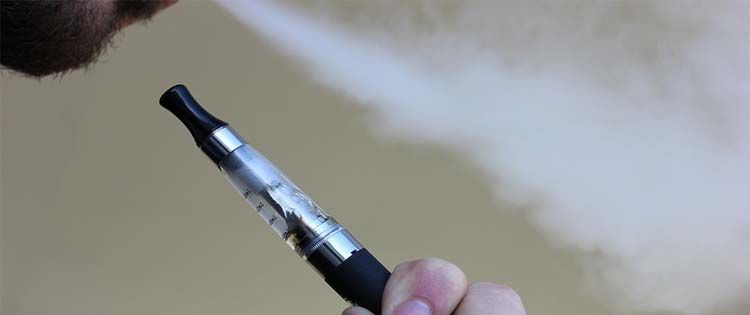Whether you’re just recently discovering the many benefits of CBD or you’re an avid supporter and user, there are some things you should know about safely and correctly using this highly beneficial herb.
From monitoring legal regulations and guidelines to safely purchasing and consuming CBD, check out these 10 tips for safe CBD use that every CBD lover should know.
1. Have Realistic Expectations
While there’s no denying the many benefits of CBD for both physical and mental health, it’s important to have realistic expectations. One dose of CBD, one time will not cure all of your ailments. In fact, there’s no guarantee that CBD will have the desired effect you’re seeking.
It’s also important not to compare yourself to other users that you know. Even if your friend swears by CBD use for sleep, it could have an adverse effect on you. Approach each situation on individual bases and understand that your results may vary and may not be as drastic as you expect.

2. CBD is Not THC
All too often people mistake CBD for marijuana or THC, the ingredient in marijuana that elicits the “high” feeling people are familiar with.
Before using CBD, you must understand that you will not experience a feeling of being “high”. That’s because CBD contains only minimal traces of THC. That’s why CBD is rarely used for recreational use. Individuals use CBD mainly for medicinal benefits.
While THC and marijuana can also be used for medical reasons, some people simply enjoy its recreational use. If you’re looking for a euphoric, mind-altering experience, consider using THC where legal.
CBD, while considered non-psychoactive, will help elevate your mood and reduce stress and anxiety, but in a much more subtle and mellow way.
3. Be Mindful of Drug Interactions
Whatever your feelings on CBD are, it’s still considered a drug. While legal in a majority of the 50 states, CBD is still illegal in certain parts of America. Read more here about your rights.
Because CBD is a drug, it means that it can interact with other drugs you’re taking. These interactions can sometimes have adverse, negative effects. Before considering CBD, make a list of the medications you’re currently taking and do some research about the potential interactions with CBD.
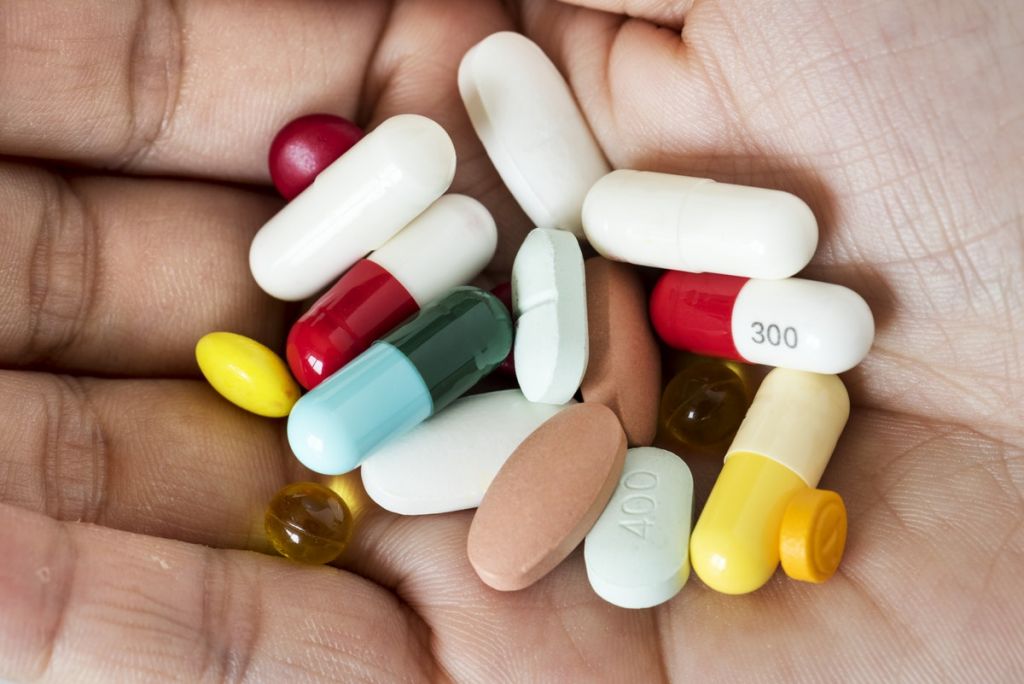
The most common reactions between CBD and other medication are a decrease in the prescribed medication effectiveness or an increase in risk factors. That’s because most pharmaceutical medications are metabolized with the liver enzyme system.
Research shows that certain forms of CBD may interfere with this process. And while CBD can help treat certain medical conditions, it shouldn’t replace your current treatment plan.
4. Consult With Your Doctor
Aside from checking with your pharmacist and double checking your prescription list, you also need to consult your primary care physician prior to CBD use. Your doctor will discuss the potential benefits, side effects, and symptoms associated with CBD.
They may also recommend alternative approaches prior to CBD use. It’s recommended that you consult with your doctor for any medication changes or even incorporating different supplements into your diet. Taking CBD is no different. If you’ve already begun CBD use, you should inform your physician immediately.
In some states, you can’t obtain CBD without a written prescription from a medical professional. This ensures that you’re only using the recommended amount and doing so safely. If your primary care doctor isn’t familiar with CBD, you may want to consult someone who is.

5. Research the Supplier
Despite popular belief that CBD is the same as marijuana and obtaining it is sketchy business, purchasing CBD is actually quite commonplace. There are countless CBD suppliers and sellers on the internet, as well as opening storefronts across the country.
But before you make the decision to purchase CBD, it’s important to research the potential seller. Not only read the reviews on their pages but determine whether or not they’re knowledgeable about the CBD field.
With so many different strains, uses, and dosage available, it’s important that you understand what you’re buying and from whom.
Another factor that complicates things some is the fact that CBD products are not federally regulated, and therefore even healthcare providers are in the dark over which products are best for your specific condition.
Most reputable CBD sellers will provide information on how their product is produced, from what source, third-party lab results, and how much THC it contains. Use your good judgement, as well. CBD online sellers aren’t any different than other sellers. If you’re unsure, move on.

6. Consider Different Methods of Consumption
CBD is available in a variety of forms. One of the most popular and widely used is CBD oil, which is extracted from the whole cannabis plant. Some users ingest oil directly, using a dropper or adding it to their favorite drinks, foods, and smoothies.
CBD oil also comes in a capsule form, which users swallow just like any other pill or medication. Tinctures are very similar to CBD oil and are often used with a dropper and consumed in the same way as oil. Tinctures are sometimes less-concentrated than oils.
If you’re looking for an alternative to ingesting oil or tinctures, you can opt for a topical product. These types of CBD products are applied directly to your skin like a cream or lotion.
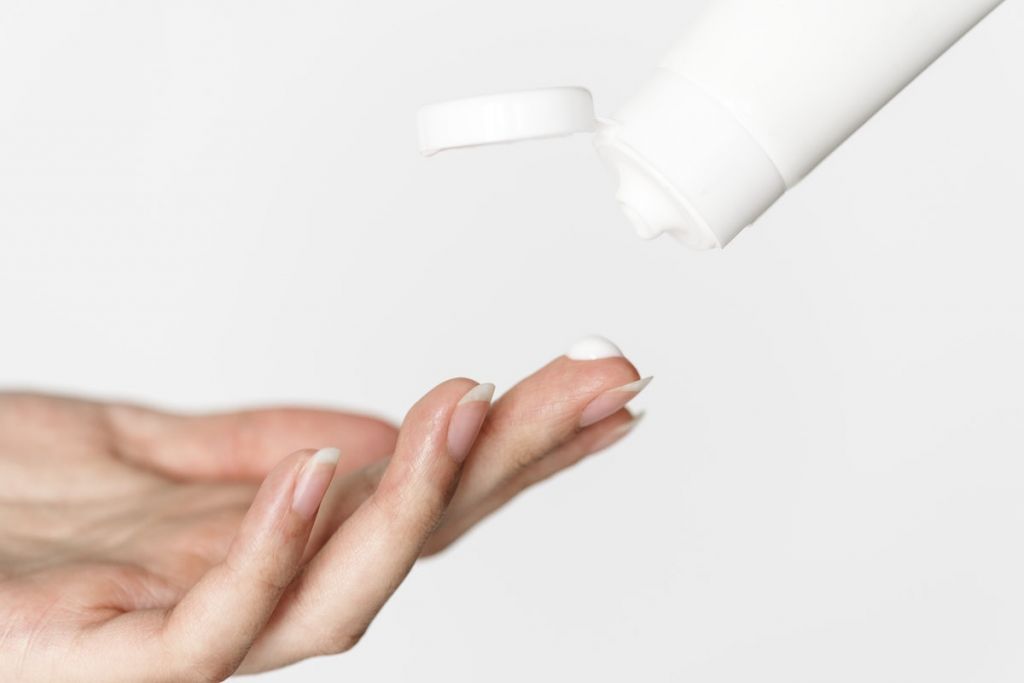
Topical CBD is ideal for pain relief and help with inflammatory issues because users can apply it directly to the affected area.
Another great option is vaporizing CBD. That’s because most people feel the effects of vaporized CBD almost instantly and with little to no side effects. This method is easier on your lungs than smoking CBD, which can irritate and burn.
Another popular option is sublingual sprays, which users spray directly under their tongue. When it comes to different methods of consuming CBD, the main factor is your comfort level and achieving optimum ease of use.
7. Start With a Low Dose
Slow and steady wins the race. And while CBD is relatively mild in small doses, if you’ve never used it before, you should start with a small dose and gradually increase it with time.
You don’t know how your body will react to even 5 or 10 mg of the drug and therefore, it should be taken in a small dose under the guidance and supervision of a trained medical professional.
Start with a small dose that is high CBD and low THC. Spread out several small doses throughout the day versus taking one larger dose all at once. This gives your body time to adjust and react to the CBD and allows you time to gauge how it makes you feel. Because different types of CBD contain varying amounts of THC, you need to be careful. Too much or too little can be the difference between a stimulating or sedating effect.
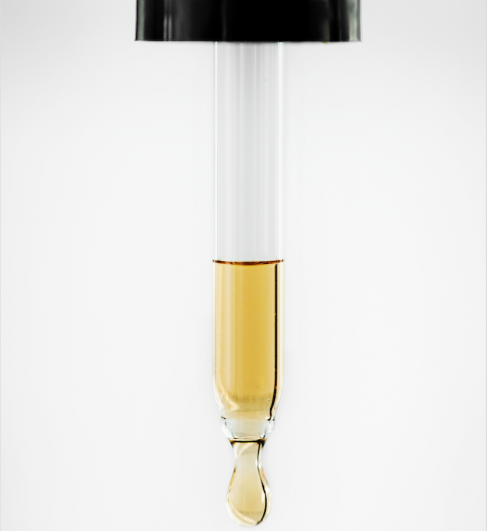
8. Don’t Ditch Your Current Health Plan (Yet)
The use of CBD for medical reasons is growing in popularity. But just because you’re incorporating CBD into your new regime doesn’t mean you should ditch your current healthcare plan or medications completely.
As long as the medications you’re currently taking won’t negatively react with CBD, it’s important to continue taking them unless otherwise instructed by your doctor.
CBD is undoubtedly helpful and beneficial but it’s not a miracle herb. This means that while it may help ease your anxiety, reduce stress, or help you sleep, don’t let its effects mask a more serious condition that needs your attention.
Serious conditions such as cancer and Parkinson’s disease require prescription medications. While CBD can help treat some of the symptoms associated with these diseases, it shouldn’t completely replace your treatment plan.
On the flipside, some people prefer CBD over prescription medications for treating things like stress and anxiety.
9. Take a Pregnancy Test
If you’re either pregnant or nursing, you should proceed with even more caution when it comes to using CBD.
Even if you used CBD successfully prior to becoming pregnant, you must now consider the effect that CBD will have on your baby. Most new moms are safe from any risk of addiction to CBD, but that doesn’t mean you should use it without caution.
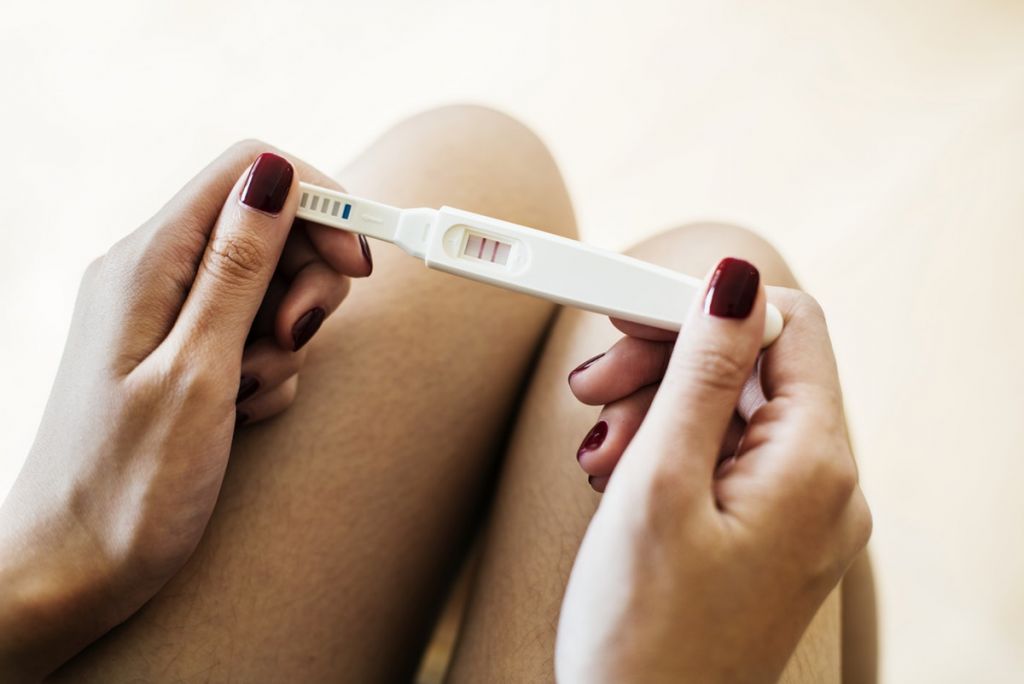
Some studies show that cannabinoids can be passed from mother to unborn child and from breastfeeding mother to child. The fact remains that there’s too little known about the effects of CBD use on pregnant or nursing mothers and therefore, extra caution should be taken.
10. Know the Potential Side Effects
Like with any drug, the use of CBD comes with the risk of potential side effects. While extremely rare, it’s still important to know and understand them. This way, you can identify potential symptoms in the event that you experience any and you won’t be surprised if and when they occur.
Some of the more commonly reported side effects of CBD use are dry mouth, drop in blood pressure, and drowsiness. It’s not generally the direct side effects of CBD that people should be concerned with, but instead CBD’s interaction with other medications (as mentioned above).
Some common drugs that may interact with CBD include blood thinners, steroids, calcium channel blockers, and immune modulators.
If you’re curious about the use of CBD for medical reasons, it’s important to get informed and proceed with caution. Consult with your primary physician and understand the potential risk factors you face.
Do your research when it comes to purchasing CBD and explore different methods of consumption. Once you better understand CBD and your body’s reaction to it, you can regularly and safely benefit from its healing and therapeutic properties.
- Why CBD Gifts Could Be the Perfect Present For Your Loved Ones - July 15, 2020
- Common Kratom Myths Debunked - July 14, 2020
- The Pros and Cons of Different CBD Extraction Methods - May 8, 2020

